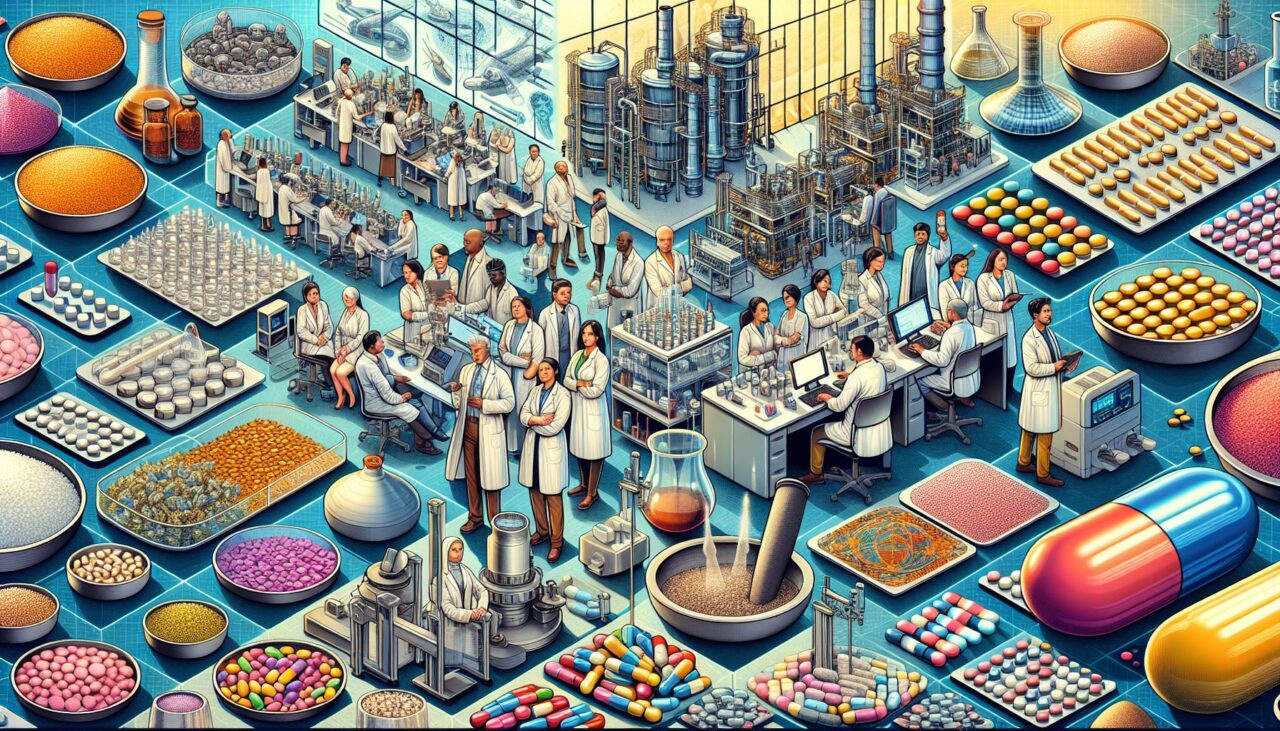Since its inception, the pharmaceutical industry has played a pivotal role in the healthcare sector, striving to bring innovative and life-saving medications to the market. With advancements in science and technology, the world of pharmaceuticals is continually evolving. This blog post aims to provide an insight into the expansive and ever-changing pharmaceutical world, from drug discovery to regulatory processes, and the impact it has on our everyday lives.
The Drug Discovery Journey
The road to developing a new medication is a lengthy and intricate process that begins with drug discovery. Scientists explore numerous compounds and potential targets, conducting thorough research to understand their mechanisms and potential impacts. Extensive laboratory tests, including drug effectiveness, toxicity, and side effects, play a vital role in this phase. This preclinical stage sets the foundation for further development.
Once a promising compound is identified, it enters clinical trials, a vital step in determining its safety and efficacy in humans. These trials involve meticulous testing on volunteers in different phases, each phase focused on specific aspects such as dosage, side effects, and drug interactions. This rigorous testing procedure ensures that the medication meets regulatory requirements and is safe for the general population.
Regulatory Processes for Patient Safety
Pharmaceutical companies must adhere to stringent regulatory standards and gain approval from regulatory bodies before a drug can be distributed to the public. These agencies, such as the U.S. Food and Drug Administration (FDA) and the European Medicines Agency (EMA), meticulously evaluate the clinical trial data, ensuring that the medication’s benefits outweigh its risks.
Regulatory agencies analyze the drug’s effectiveness, safety profiles, manufacturing processes, labeling, and potential adverse reactions. Their primary objective is to safeguard public health by ensuring that medications on the market are of high quality and meet the necessary standards.
Impact on Healthcare
Pharmaceutical advancements have revolutionized healthcare globally, significantly impacting our lives. Over the years, breakthrough medications have improved patient outcomes for countless conditions, ranging from chronic diseases like diabetes and hypertension to life-threatening illnesses such as cancer and HIV/AIDS.
Furthermore, continuous research and development have led to personalized medicine, tailoring treatments to an individual’s genetic makeup and specific disease characteristics. Pharmaceutical companies work hand in hand with healthcare professionals to ensure that patients receive the most effective and tailored therapy available.
Future Trends in Pharmaceuticals
As technology continues to advance, the pharmaceutical industry adapts and explores new frontiers. The emergence of precision medicine, gene therapies, and biotechnology heralds a new era in drug development. These advancements aim to provide more targeted and efficient treatments, minimizing side effects and enhancing patient outcomes.
Moreover, the pharmaceutical industry is investing in groundbreaking research to combat previously untreatable conditions, such as Alzheimer’s disease and rare genetic disorders. As new technologies and therapies emerge, the pharmaceutical world continues to drive innovation and pave the way for a healthier future.
Conclusion
The pharmaceutical world is an expansive ecosystem, constantly striving to bring new medications to the market while adhering to stringent safety regulations. It plays an indispensable role in improving healthcare outcomes, touching the lives of millions across the globe. Through continuous innovation and commitment to patient well-being, the industry is revolutionizing the way we approach and treat diseases. As technology advances and scientific understanding deepens, we can expect even more remarkable advancements from the ever-evolving pharmaceutical world.
